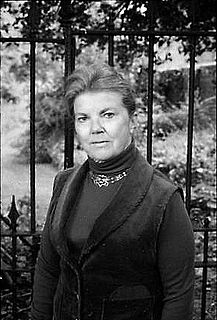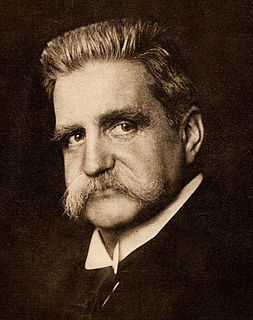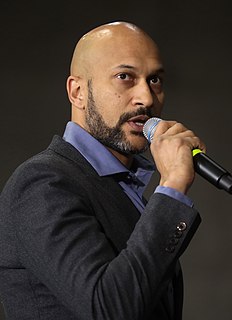A Quote by Paul Halmos
Many teachers are concerned about the amount of material they must cover in a course. One cynic suggested a formula: since, he said, students on the average remember only about 40% of what you tell them, the thing to do is to cram into each course 250% of what you hope will stick.
Related Quotes
If the students don't want to learn about evolution, they shouldn't be in the course. A biology course that teaches creationism is not a science course, it's a religion course. So the students demanding that creationism be given credence in that course are out of line and are denying the academic freedom of the professor. They are calling into question the scientific basis of the material that's being presented. And students are not in a position to do that.
Do you remember when we stood together on Blackfriars Bridge?” he asked softly, and his eyes were like that night had been, all black and silver. “Of course I remember.” “It was the moment I first knew I loved you,” Jem said. “I will make you a promise. Every year, Tessa, on one day, I will meet you on that bridge. I will come from the Silent City and I will meet you, and we will be together, if only for an hour. But you must tell no one.
I spend quite a bit of time thinking about my students. I look at them, at their work, I listen to what they tell me, and try to figure out who they might become in the best of all possible worlds. This is not easy. Students try to give you clues; sometimes they look at you as if imploring you to understand something about them that they don't yet have the means to articulate. How can one succeed at this? And how can one do it 20 times over for all the students in a class? It's impossible, of course. I know this, but I try anyway. It's tiring.
The thing I always tell my writing students - I'm not a full-time instructor, by any means, but periodically I've taught writing students - what I always tell them is that the most important thing in narrative nonfiction is that you not only have to have all the research; you have to have about 100% more than you need.
I've often tried to describe how memory works. I've suggested this to students, and told them to close their eyes and try to remember what I look like. Then I ask them if they remember what I look like. But when you open your eyes you will be surprised how different what you thought I looked like is to what I actually look like. Because the imagination is a different raw material from actual vision. Memory is very different from the thing itself.
I'd almost say hope isn't what it used to be. It's very difficult today to be a teacher. I speak to children. And tell them, look, no matter what, you must have hope. You must. When I invoke Camus, who said when there is no hope, you must invent hope. . .hope is something that is not what God gives us. It's like peace. It's a gift that one can give to one another. Only another person can push me to despair. And only another person can push me to hope. Its my choice.
You remember that I told you it was safer not to know. But,' he went on, as his hands moved wuth their sure and practiced motion, 'I will tell you just a little, because you were so very brave.' Brave?' Annemarie asked, surprised. 'No, I wasn't. I was very frightened.' You risked your life.' But I didn't even think about that! I was only thinking of-' He interrupted her,smiling. 'That's all that brave means-not thinking about the dangers. Just thinking about what you must do. Of course you were frightened. I was too, today. But you kept your mind on what you had to do. So did I.
Teachers can be a living example to their students. Not that teachers should look for students to idealize them. One who is worth idealizing does not care whether others idealize them or not. Everyone needs to see that you not only teach human values but you live them. It is unavoidable sometimes you will be idealized -- it is better for children to have a role model, or goal, because then the worshipful quality in them can dawn.






































